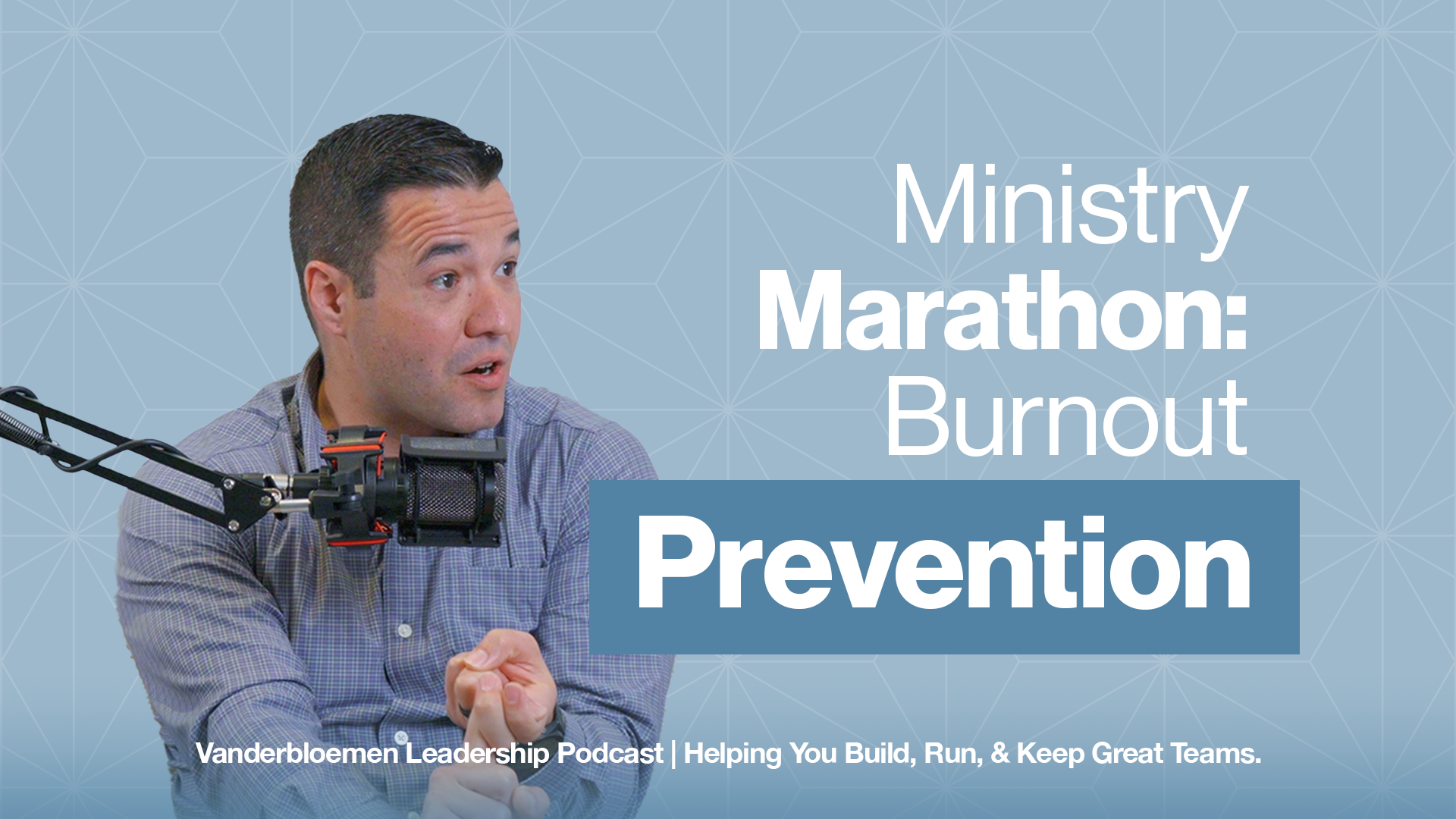Every staff leader likes to think they do a great job balancing their work life and personal life. At the same time, most staff leaders like to say they are an “above average” worker when it comes to hours worked and difficulty of work done. The truth is you can’t always be both. There are different seasons in life where your family will take more energy and seasons where your ministry will require much more energy. The same holds true for your staff.
It is our responsibility as leaders and pastors to stay engaged with our staff’s emotions, especially in busy seasons, to ensure burnout doesn’t occur. Here are seven ways you can combat burnout for your church staff:
1. Throw Impromptu Celebrations
One of the simplest ways you can show your staff you care is shutting things down for an afternoon and doing something fun and unrelated to what you are all working on. This could be a surprise ice cream trip, bowling with the team, or an impromptu special lunch. Don’t require participation but highly encourage it. Small gestures like this show you care about your employees in more ways than just how much work they can do for you.
2. Have Intentional Conversations
Leaders should get down in the weeds and talk to people about what they’re going through, personally and professionally. Pastors are sacrificing quite a bit personally, professionally, and financially for the greater good of the mission. It really makes a difference when you, as a leader, show you actually value what your team members are walking through and you recognize what they are sacrificing to be a part of what you’re doing. Value them as humans and not just a cog in the ministry wheel.
3. Acknowledge Difficult Seasons
Sometimes simple acknowledgment from leadership that a particular season is very hard or people are putting in extra hours and going above and beyond can help employees feel like they aren’t shouldering the burden by themselves. Share why what they are doing is helpful and how it fits into the overall vision and direction of the ministry. When the importance of their role in the ministry is illustrated, it makes it easier to stomach the days and hours of hard work and time away from family.
4. Give Days Off
It sounds simple, but churches are notoriously terrible about offering days – especially consecutive days – where staff can completely check out. Ministry is a 24-hour-a-day job, so if you can’t offer consecutive days off, consider paying for a weekly or biweekly date night for your employees, where the church covers the cost of a meal or babysitter. Encouraging your team members to pour back into their families will foster loyalty and care they ultimately feel from the church leadership.
5. Play Towards Employees’ Strengths
Make sure you have great people doing what they’re best at. Everyone knows the “right people in the right seat on the bus” analogy, but in seasons of increased stress and potential burnout, churches don’t usually follow this illustration. People can be decent at their roles, but if it isn’t what they are passionate about, they won’t be able to function at a high level for very long. If you place people in roles that play towards their strengths and passions, they will thrive and produce much better results.
6. Ensure Employees Feel Heard
Frustration leads to burnout. Creating a platform for everyone to share their ideas and thoughts about how they can improve will help fight against frustration. An example of this type of platform is an annual staff meeting where nothing is off limits to improve (but also nothing is promised to be necessarily implemented). The key to making this exercise successful is that leadership must then meet separately to decide what, if any, ideas get implemented. Everyone ends up being heard and the best ideas rise to the top.
7. Make Sure You’re Adequately Staffed
Similar to offering days off, churches are notoriously bad at making sure staff counts are in balance. By the time a new role or need is identified, churches are often already behind and their staff is already filling double duty in an area. You are obligated to be a good steward of church funds and resources, but you’re not being a good steward of people resources if you’re putting too much on your people. Consider this when deciding if you should have a volunteer or staff member overseeing a particular part of the ministry. Would the overall cost to the church be greater with a less competent volunteer or a part-time staffer that has some skin in the game?


